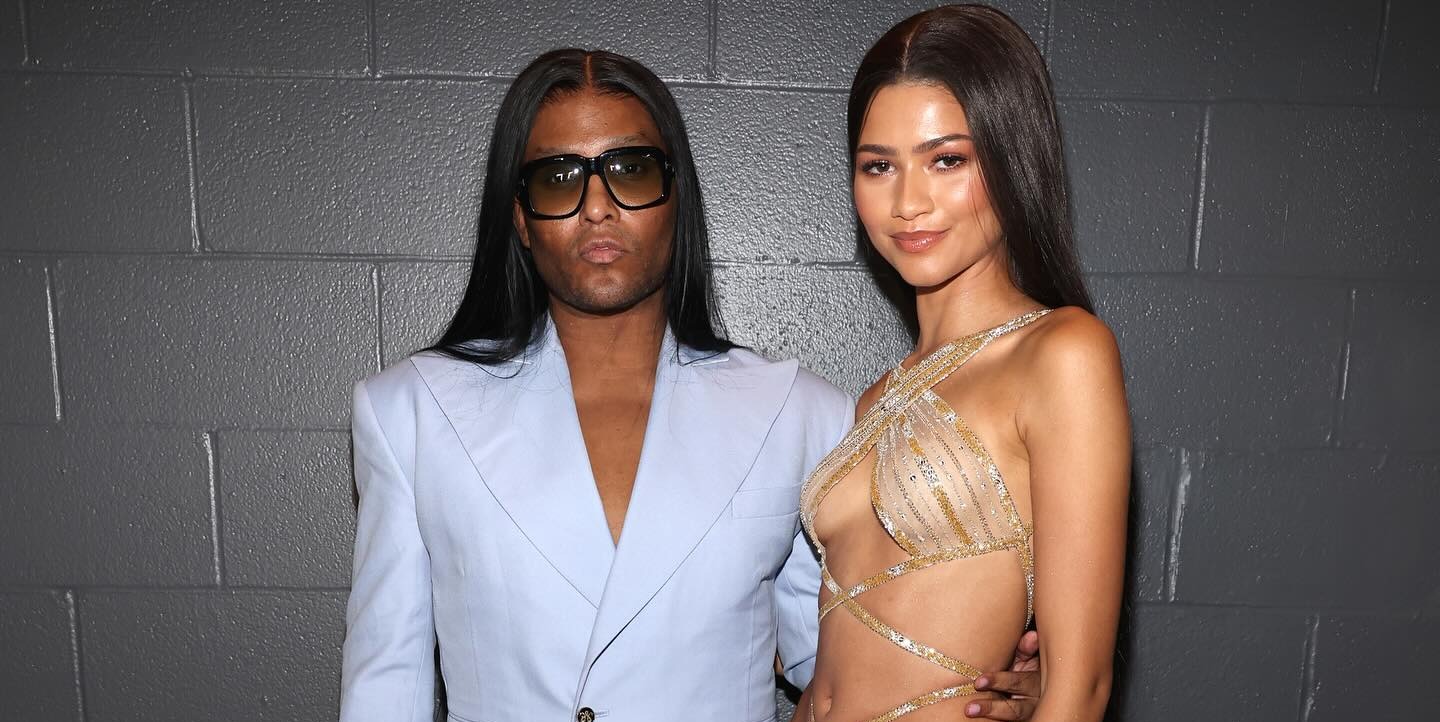Hi y’all —
In 2020, I prepared a small feast for election night. I knew I was bound to spend hours nervously snacking as I watched the results roll in, so I made sure to have popcorn, Puppy Chow, pretzels and potato chips on hand. I capped off the coffee-table cornucopia with a pack of Tums for my inevitable heartburn.
This year, I'm thinking about election prep in a different way. The 2024 race is so heavily focused on the economy — inflation, jobs, taxes — that it has set off my Money Staffer Spidey Senses. In lieu of frantic trips to the grocery store, I want to take deliberate steps that will leave me in a good financial position no matter which candidate wins.
What should I do to get my wallet ready for the presidential election?
✅ Leave my portfolio alone.
Dan Sudit, partner at Crewe Advisors, says the first thing to do is… chill out.
"Especially if you're young, I don't think you should really be relying on any particular geopolitical event to make [financial decisions] because we don't know what the outcome will be or what it will result in as it relates to investments," he tells me.
In such a divisive political environment, it's understandable for investors to think that a particular victor will lead to a particular outcome, but "that's not necessarily the case as much as it relates to immediate implications for the economy," he adds.
Indeed, according to Fidelity, presidential elections are simply not market-moving events. A historical review shows markets tend to be nonpartisan — under various combinations of Democratic and Republican presidents and congressional majorities, the average annual S&P 500 performance has been positive going back to 1933.
Rather than politics, Sudit says my investment decisions should be rooted in the basics. Emotional, knee-jerk reactions are never advisable in investing, but that especially applies to elections.
"If they're long-term dollars, they should be focusing on the long term," he adds. "Because this will happen, believe it or not, every four years."
✅ Stop overreacting to the news.
Sudit says that the president has less control over my personal finances than I may think. Congress controls the purse strings, technically, and independent agencies like the Federal Reserve are not supposed to be politicized.
Flashy headlines should be taken with a grain of salt, Sudit says, because "there is no guarantee" that any political event is going to have the ripple effect people tend to expect.






